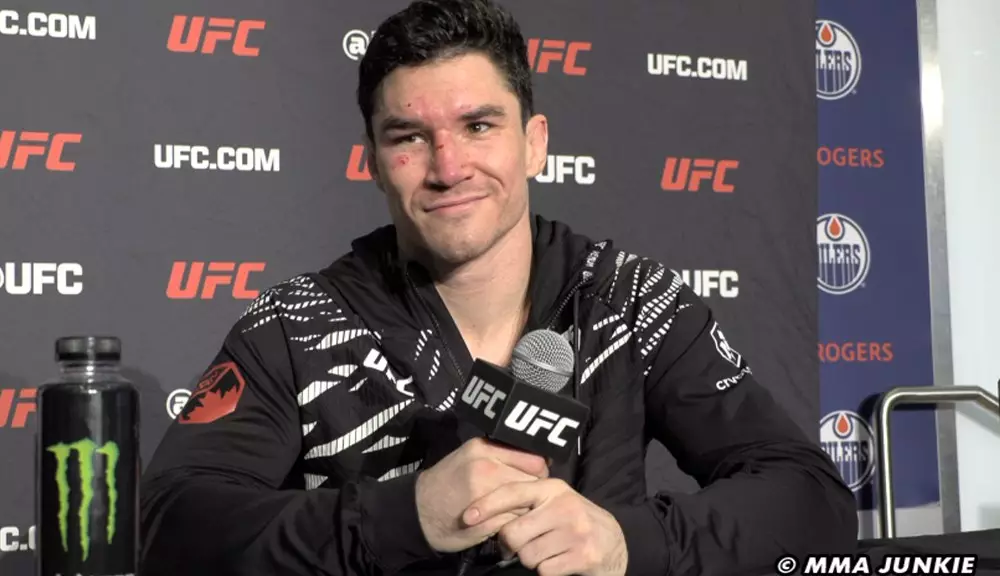In the fiercely competitive world of mixed martial arts, fighters often grapple with the dual pressures of personal ambition and the expectations of their fanbase. For Mike Malott, a UFC welterweight known for his impressive finishing rate, his recent bout against Trevin Giles at UFC Fight Night 246 presented a unique test of character and discipline. Malott, who entered the octagon with a pristine finishing record, found himself needing to adapt his strategy. This fight marked a pivotal moment, where he consciously decided to prioritize a decision win over his innate instinct to finish the fight.
In an industry where knockout victories often define a fighter’s legacy, Malott demonstrated remarkable self-awareness. After experiencing a TKO loss to Neil Magny, he recognized the importance of regaining his footing. Malott’s quote reflecting on this situation illustrates his maturity: “I felt like I had to check the ego a little bit in this one.” Instead of chasing the glorified finish that usually characterizes his fighting style, he focused on accumulating vital cage experience. By opting to go the distance—something he had never done before—Malott emphatically stated that his ultimate goal was to get back to his winning ways and reestablish his confidence.
Despite the subdued excitement of their match, Malott maintained control throughout the contest, emphasizing that the primary onus of initiating action rested on Giles. He noted that although he had moments of aggression, he felt comfortable dictating the pace and flow of the fight. “I felt I was picking him apart,” said Malott, relaying a sense of strategic control that he executed during the fight. This statement underscores an essential aspect of mixed martial arts—mental battles are often just as crucial as physical confrontations. For Malott, this fight was less about the glitz of a highlight reel finish and more about tactical advantages and the fundamentals of combat sport.
Malott’s experience in the octagon suggests an evolution in his perspective as a fighter. Realizing that a solid decision win could fortify his standing within the UFC rather than solely relying on finishes is a sign of growth. He acknowledged that while he was ready for the fight’s challenge, the emphasis was on consistency and strategy over raw aggression. “If anything, the responsibility lies on him to take risk,” he remarked, deflecting the pressure away from himself and onto his opponent. This thought process may represent a broader trend among fighters who recognize the value of adaptability in pursuit of long-term success in a sport defined by high stakes and high competition.
Mike Malott’s return to the octagon serves as a thoughtful reminder of the complexities athletes face when balancing ego with pragmatism. His willingness to set aside his usual approach for a calculated win reflects not only a personal challenge but also a strategic pivot that could have lasting implications for his future in the sport. As he continues to hone his craft, fans and analysts alike will be eager to see how this newfound perspective influences his fighting style and performance in upcoming matches.

